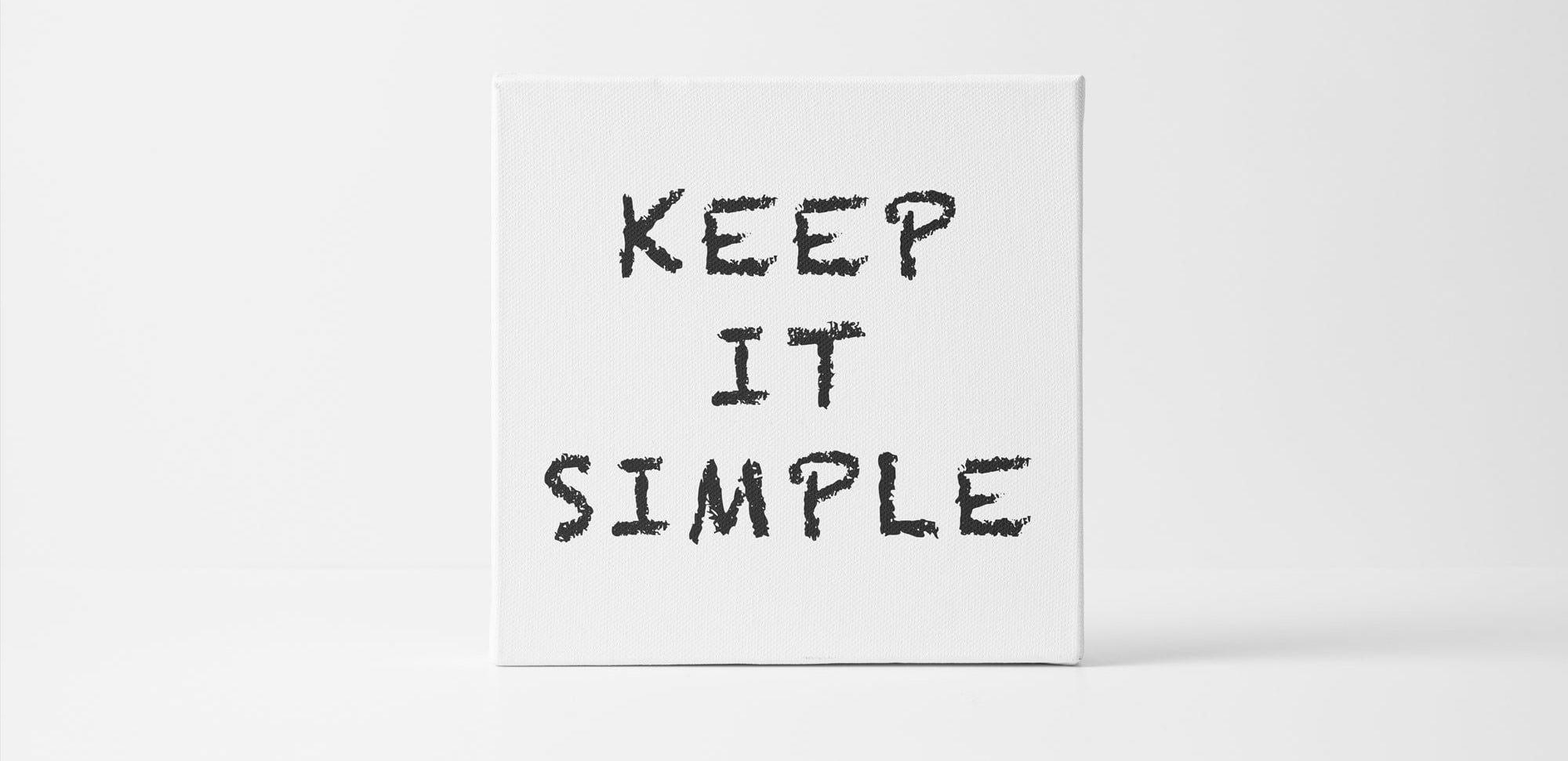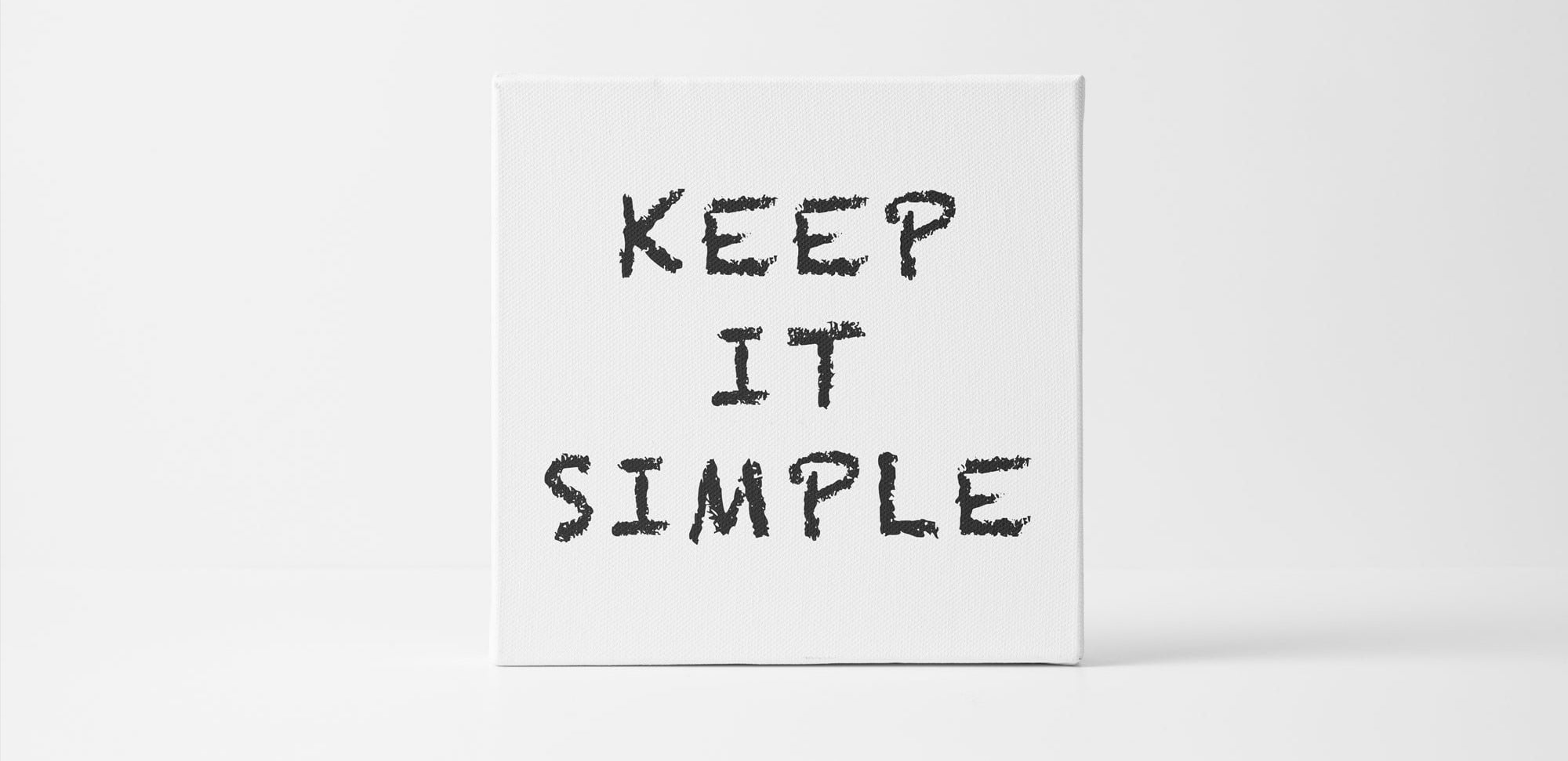Scientists have long been interested in the effect of music on brain function, particularly on physical training. Back in 1911, Ayres discovered that cyclists listening to rhythmic music pedaled faster than when they rode in silence. And a hundred years ago, it was discovered that music reduces oxygen consumption during training on the 7%.
The music is analogous to the Soviet jammers of the Voice of America. It drowns out the body's signals of physical exhaustion, so a person can exercise more. And if the movements coincide with the rhythm of the music, their effectiveness increases.
Most surgeons listen to music while working. According to the University of Windsor, without background music, programmers were slower to cope with their tasks.
What kind of music is needed? Some argue that humans have an innate tendency to rhythm with a frequency of 2 hertz, or 120 beats per minute. Others talk about the "Mozart effect" - rats run faster, epileptic seizures are reduced, and the cerebral cortex is activated. In general, to each his own.
So, turn on the music









